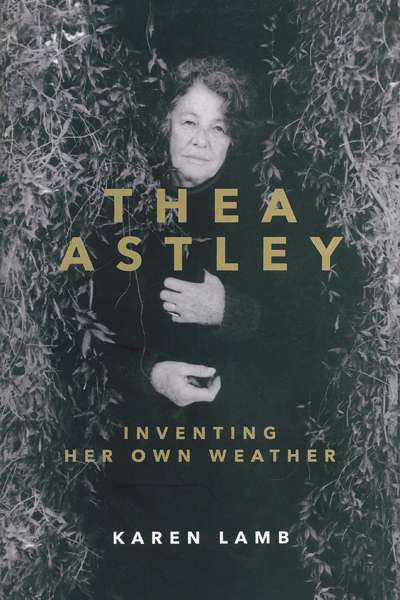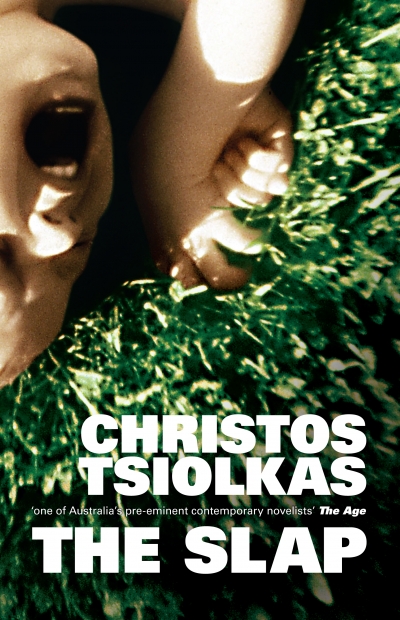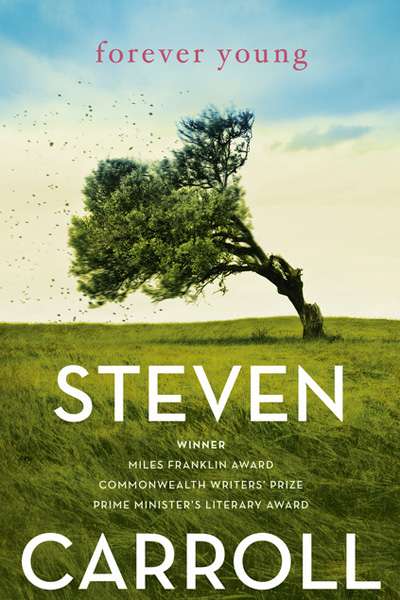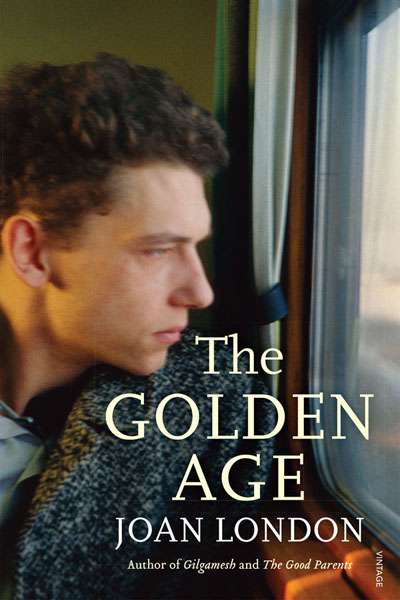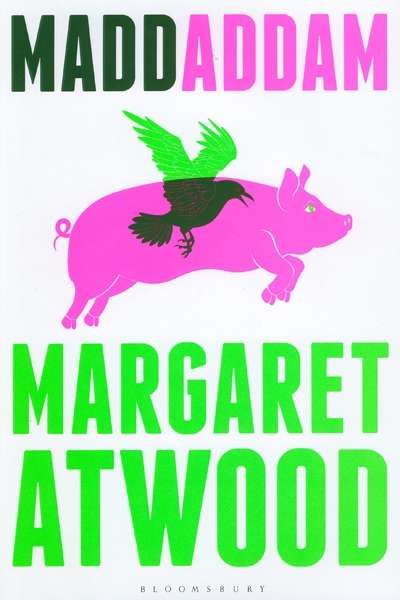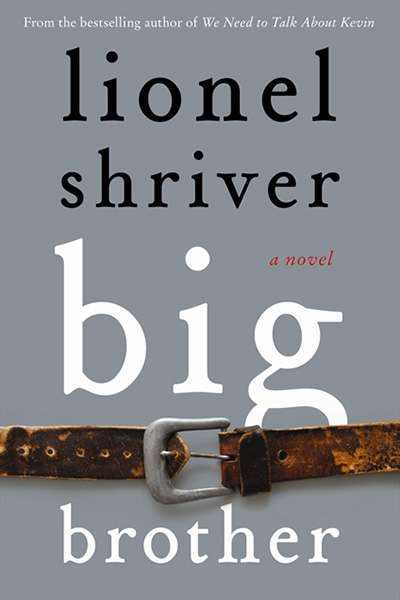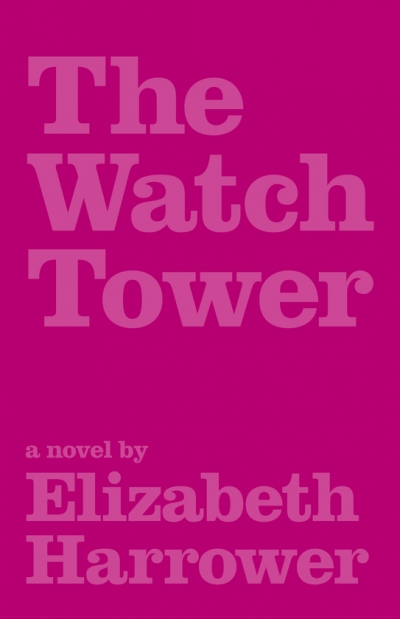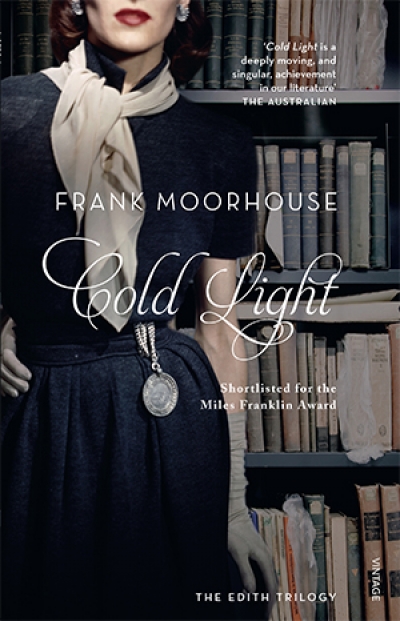Kerryn Goldsworthy

Kerryn Goldsworthy won the 2013 Pascall Prize for cultural criticism, and the 2017 Horne Prize for her essay ‘The Limit of the World’. A former Editor of ABR (1986–87), she is one of Australia’s most prolific and respected literary critics. Her publications include several anthologies, a critical study of Helen Garner, and her book Adelaide, which was shortlisted for a Victorian Premier’s Literary Award. In November 2012 she was named as the inaugural ABR Ian Potter Foundation Fellow. Her Fellowship article on reviewing, ‘Everyone’s a Critic’, appeared in the May 2013 issue of ABR.
The slap that I wanted to deliver with that book was to a culture in Australia that had literally made me sick, sick to the stomach. A middle class culture that struck me as incredibly selfish and ungenerous … I wanted to try and write a book ... that represented that culture. And to do that, honestly, I had to put myself in the middle of it. I also had to put my Greekness in the middle of that ... (read more)
Most Australians, if asked to name a date they associate with the name Gough Whitlam, would say ‘11 November 1975’. Steven Carroll subverts this expectation at the outset with Forever Young, which uses the last days of Whitlam as its historical backdrop as well as for other less tangible things. And the last days of Whitlam came not in 1975 but on 10 December 1977, when he was still leading th ... (read more)
In 1978, Australia’s two most coveted national literary prizes of the time were both won by women: Helen Garner’s first novel Monkey Grip (1977) won the National Book Council Award for fiction, and the Miles Franklin Literary Award was won by Tirra Lirra by the River (1978), Jessica Anderson’s fourth novel. Both of these books have since become classics of Australian literature, rarely out o ... (read more)
When the polio epidemics at the hinge of the twentieth century were catching hundreds of Australian children and adults in their web of pathogens, a pub in suburban Perth called ‘The Golden Age’ was converted – with its name unchanged – into a convalescent home for children who were recovering from polio but still unready to go back into the world. Joan London has used this fact as the sta ... (read more)
Any sequel, much less the final book of a trilogy, intensifies the dilemma presented to a reviewer who does not wish simply to provide a plot summary, but for whom it’s impossible to say anything coherent about the book without giving some idea of what happens in it. For any reader who might not have read or can’t clearly remember the first two books in this trilogy, Oryx and Crake (2003) and ... (read more)
The novel for which Lionel Shriver is best known, We Need to Talk about Kevin (2003), generated endless discussion across the spectrum of readers, from buzzing suburban home-based reading groups to the pages of the Guardian and the New York Times. Much of this discussion circled around the question of the first-person narrator and mother, Eva Khatchadourian, and her relationships with her uncompre ... (read more)
‘We place on paper without hesitation a tissue of flatteries, to which in society we could not give utterance, for our lives, without either blushing or laughing outright,’ wrote Edgar Allan Poe in 1846. His title was ‘The Literati of New York City’; his topic was the discrepancy, as he saw it, between the critics’ private opinions of books and the polite reviews of them that appeared in ... (read more)
‘Too many vampires,’ wrote Patrick White. The year was 1980; the document was a letter to Shirley Hazzard; the subject was their friend and fellow novelist Elizabeth Harrower, who had published nothing but a handful of uncollected short stories since 1966. ‘Elizabeth keeps her principles,’ he wrote. ‘Whether she is also writing, I have given up asking in case I get the wrong answer. Too ... (read more)
Admirers of the first two volumes in Frank Moorhouse’s ‘Edith Trilogy’, Grand Days (1993) and Dark Palace (2000), will remember the gripping and heartbreaking scene at the end of Dark Palace in which Edith Campbell Berry, her British husband, Ambrose, and several of their senior colleagues are humiliatingly informed, in the cruellest possible way, that after two decades of hard work for the ... (read more)

